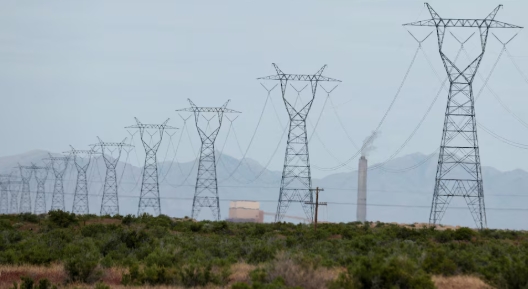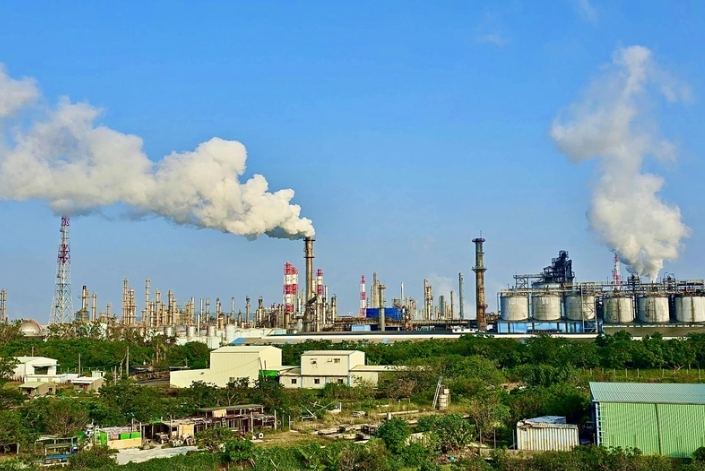
Under the law, hydrogen will no longer be classified as a dangerous chemical product, thus, removing restrictions around its applications, production and storage.
China’s hydrogen sector is currently in the demonstration phase, mainly focusing on commercial vehicle application.
When the new legislation kicks in, hydrogen production and refuelling stations and storage facilities will be allowed outside designated chemical parks, and that is expected to address infrastructure gaps in the sector.
Hefty transportation cost due to lack of hydrogen refuelling stations and long-distance pipelines has been one of the key bottlenecks that impede hydrogen adoption in China.
Storage and transportation account for about 30% of end-use hydrogen costs, limiting hydrogen applications in urban public transport and long-haul sectors.
With the new energy law, development of the Chinese hydrogen sector is expected to gain pace between 2026 and 2030. (See ICIS Hydrogen Topic Page for details)
The China Energy Law was approved on 8 November at the 12th session of the Standing Committee of the National People’s Congress (NPC), China’s top legislature.
It fills a legislative gap since China – despite being the world’s largest energy producer and consumer – had long lacked an overarching energy law.
Currently, there are several standalone energy-related laws and regulations in the country, including the Electricity Law, the Coal Law, the Energy Conservation Law, and the Renewable Energy Law, but lacked a legislation that covers the whole energy industry until now.
The recently launched Energy Law will provide a much-needed framework for strengthening the legal foundation of the energy sector, ensuring national energy security and promoting renewable and low-carbon transformation.
The law includes nine sections, covering stipulations on energy planning, development and utilization, energy market systems, energy reserves and emergency measures, energy technology innovation, supervision and management, legal responsibilities, supplementary provisions.







